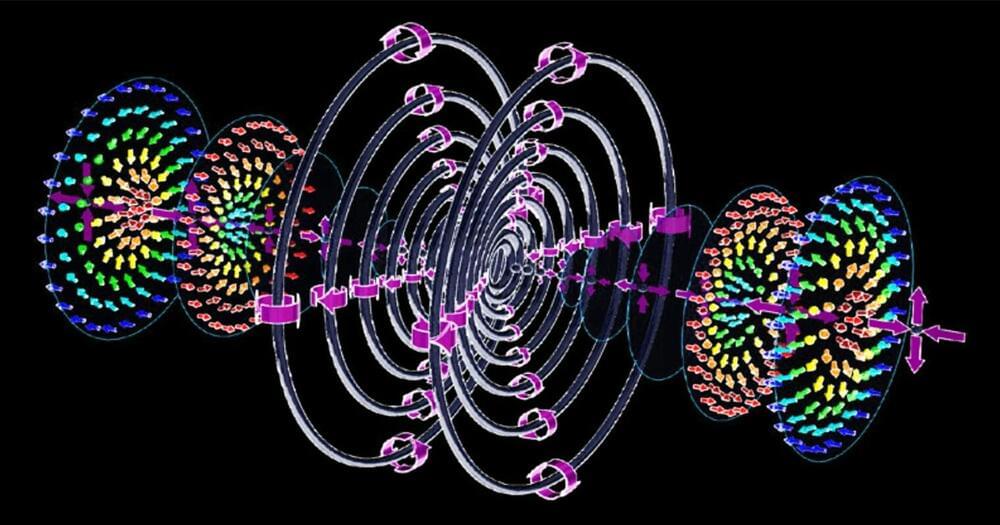NASA has released a new video that imagines future human explorers and space tourists.
Robotic missions have toured much of our Solar System – but so far, the only place beyond Earth where humans have stood is the Moon. That may change in the coming decades, with space agencies vying to achieve the historic milestone of putting the first astronaut on Mars. Towards the end of this century, as the cost of launching into space is reduced to a few cents per kilogram, space tourism may become as cheap as a transatlantic flight today. New forms of space propulsion in the 22nd century and beyond may open up the stars to human settlement.
In this short film, NASA has visualised some of the distant places that lie waiting to be explored. We get a glimpse of people on the Red Planet, standing in a cloud city on Venus, drifting towards the water plumes of Enceladus, and even kayaking on Titan. We are then provided with scientifically accurate depictions of exoplanets that humans may visit in the more distant future.






